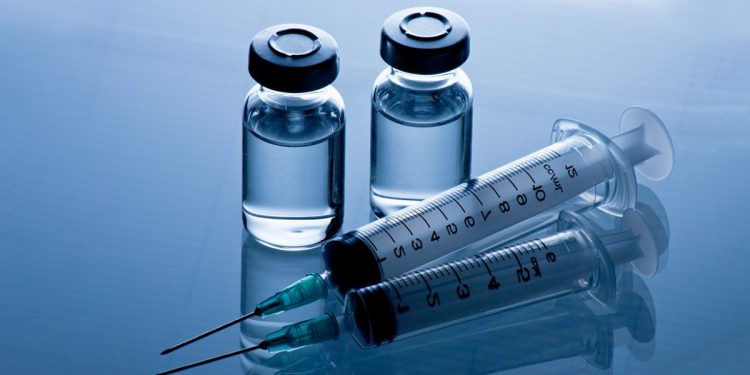New Delhi: Three Indian companies have applied for emergency use authorisation of their COVID-19 vaccine. They are Pfizer, Serum Institute of India (SII) and Bharat Biotech. The Central Drugs Standard Control Organisation (CDSCO), which is the National Regulatory Authority of India, will review the COVID-19 vaccine applications Wednesday. The experts of CDSCO will go through the voluminous trial data of the vaccine candidates. Once they are satisfied with the risk-benefit ratio, they will give the go-ahead.
The Indian arm of US pharmaceutical giant Pfizer had December 4 sought approval for its vaccine. It came after Pfizer secured clearances in the United Kingdom and Bahrain. Pune’s Serum Institute of India sought a nod for its Oxford COVID-19 vaccine December 6. Subsequently, Bharat Biotech also put in their application for emergency use authorisation December 7.
There is no law by the name of emergency use authorisation law for granting licence to vaccine makers in India. But there are provisions for the purpose. Union Health Secretary Rajesh Bhushan had said Tuesday that the exact phrase – emergency use authorisation – is not used. However, the ‘New Drugs and Clinical Trials Rules, 2019’, clearly specify that under specific special situations, ‘relaxation, abbreviation, omission, or deferment of data including local clinical trial data may be considered for approval’.
Also read: Pfizer committed to engaging with Indian govt to make COVID-19 vaccine available in country
Indian Council of Medical Research (ICMR) director-general Balram Bhargava has talked about the review process. “It involves looking at voluminous data. We hope the decision would be expeditious but it will never compromise on scientific rigour and the processes therein,” Bhargava recently said. “The experts will grant the authorisation only when they will be satisfied with the risk-benefit ratio,” he added.
Addressing a press meet in which the details of India’s proposed vaccination drive were revealed Tuesday, Bhushan had said that in the next few weeks some vaccine-makers will get licences. “But it is difficult to foretell which one will get or when. Most of the vaccines consist of two to three doses and there will be a gap of a few weeks between doses. Even after vaccination, precaution must be taken,” Bhushan said.







































